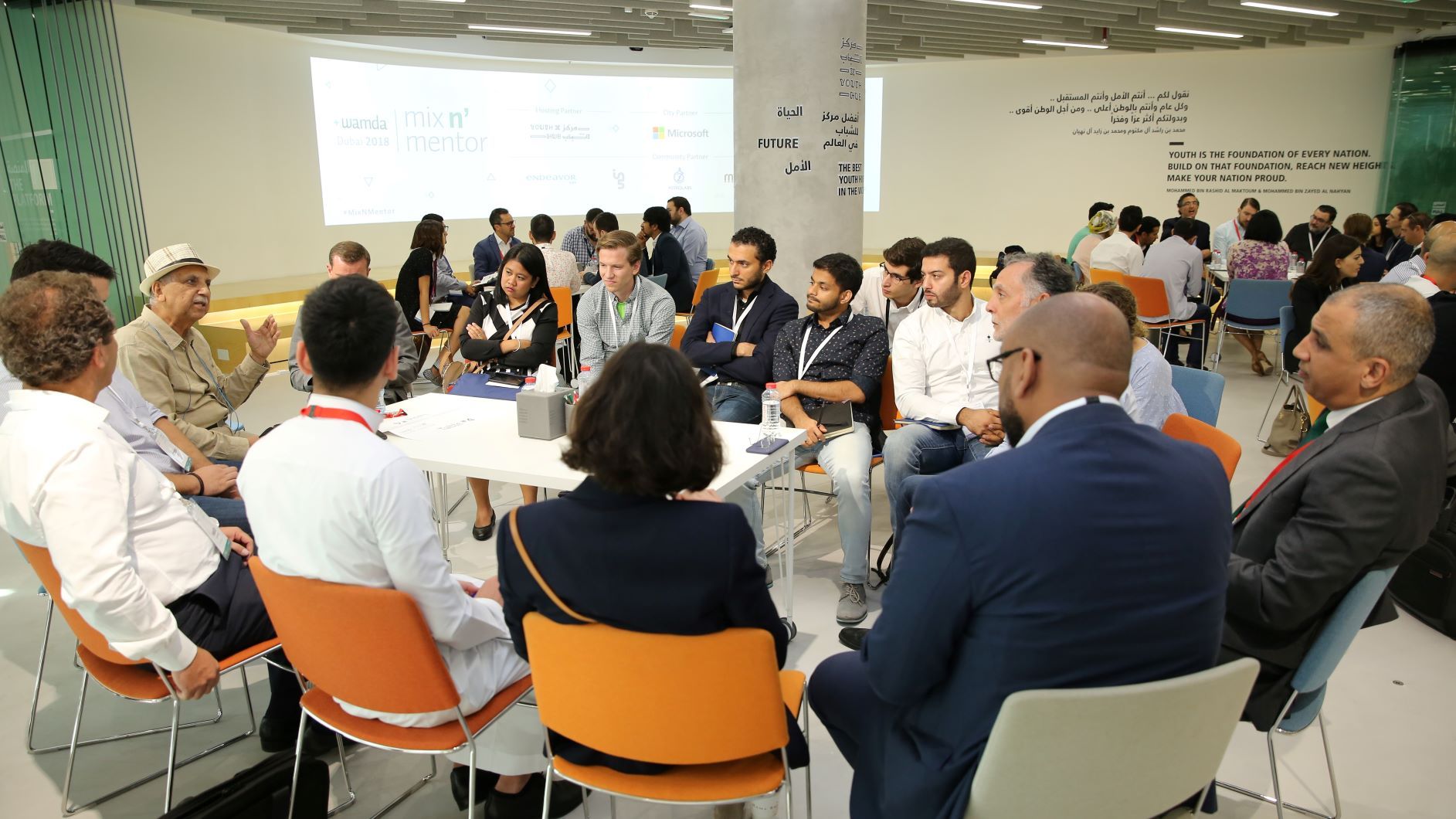Trends to expect in 2019

Entrepreneurship across the Middle East and North Africa (Mena) region has now become a viable and more sustainable career path for those who shun the once-coveted public sector roles. The rise in entrepreneurial activity has led to greater governmental support, better engagements with the corporate world and increased funding.
The amount raised by startups this year has surpassed that of 2017, which totaled $560 million, according to Magnitt data.
This level of funding will continue to grow, coming mostly from venture capital (VC) firms through investments by governments, sovereign wealth funds, family offices and corporations. The UAE is likely to lead the charge in investments, but more funds and new capital will emerge from Bahrain, Jordan, Saudi Arabia and Oman which are all nurturing their startup ecosystems.
Several other trends emerged in 2018 and will become more robust over the coming year. E-commerce will be dominated by the Noon versus Amazon wars which will continue with a vengeance. Both will seek to increase their product range and improve their services, much to the benefit of their customers who can expect lower prices.
The biggest shake-up to the thriving sector will be the Chinese players. China is now the region’s biggest investor, holding almost a third of all foreign direct investment stock in the Middle East. E-commerce giant Alibaba is already on the borders of the region between Turkey, India and Pakistan with a distribution centre in Dubai. As one of the last frontiers for the world’s second biggest economy, Chinese goods and services will enter the market in a more tenacious way.
However, the stars of e-commerce in 2019 will be the smaller, more specialised companies. Watch out for Mumzworld, Jamalon, YallaCompare and Eyewa. These retailers which focus on a niche can better cater to their clientele and provide the customer experience that is so vital for the success of online shopping.
Beyond shopping, transportation is another key sector that will flourish. Dubai, home to the region’s only unicorn, Careem, will see a rise in last-mile or micro-transportation services. This is the city where Qwik.ly launched its scooter service, before its planned expansion across the country. Providing flexible and price sensitive options to enable consumers to travel short distances will be an important trend in the GCC.
Similarly in Cairo, where the need for cheaper forms of on-demand transportation has resulted in a booming sector led by local startups like Swvl, Buseet and Halan who have raised millions between them. With a population of some 25 million in the Greater Cairo area, the region’s most populous city has become a global hub for mobility solutions for the masses. Uber and Careem recently launched a bus service in Cairo as a test-bed before expanding to other cities in their networks.
It marks a revitalisation of Egypt’s startup ecosystem, where we are likely to see more startups led by mature founders solving real problems in the country. Testament to that was the RiseUp Summit, the country’s biggest startup event. This year’s summit was the most sophisticated yet, with engaging conversations and a real sense of purpose among the attendees.
It is a similar case for Saudi Arabia, the region’s biggest economy is already showing some serious traction in mobility, last-mile delivery and e-commerce. Crucially these are not foreign companies setting up in the market, but rather Saudis establishing their own startups. With strong governmental support, the country is set to experience an entrepreneurial boom.
Conversely, Lebanon’s Central Bank-led initiative, Circular 331, seems to have run its course. We are all anxious to see the results in the coming three years which will only truly be visible in the returns. Regardless of the number of companies that emerged as a result, or the number of funds it created, its success can only be determined by the returns it gives to investors. It is essentially only through returns that a model can be validated and attract new capital.
More broadly across the Middle East, Central Banks will become more open to innovation and take the lead from Bahrain and Abu Dhabi to launch digital sandboxes. Regulators now understand and acknowledge the pressing need to change and become more digitally savvy, but this ought to move from sandboxes to highstreets with licensing available to everyone looking to solve problems from peer to peer lending to payment solutions and digital wallets.
With a population that remains largely unbanked or underbanked outside of the GCC, better regulation can increase financial inclusion through financial technology (fintech). We can expect cryptocurrency to finally become licensed with Bahrain and Abu Dhabi taking the lead once again. BitOasis is due to receive the first of these licences, having worked with regulators to help shape the regulatory framework.
But more needs to be done. Each country carries its own set of burdens, from infrastructure woes to cost of starting and failing, the challenges are evident throughout. These can be solved with more considerate regulations for startups, more investment and more corporate support.


